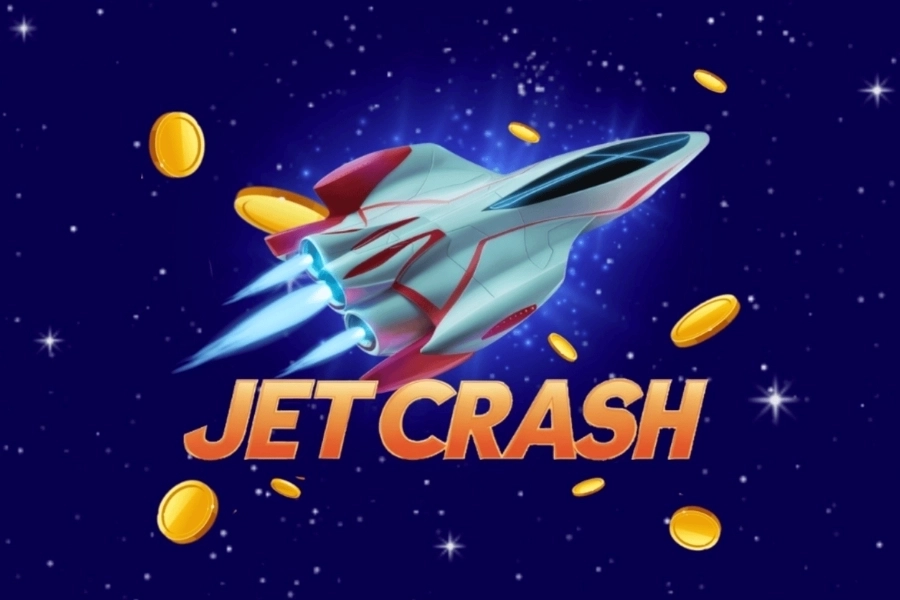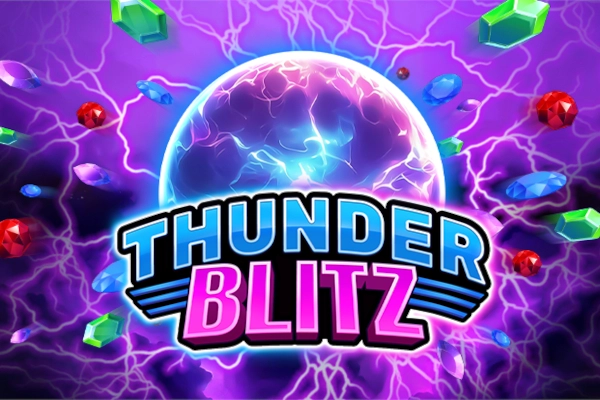Jet Crash
Play this game for real money on our favorite casinos
Quick Facts
| Provider | GameTimeTec |
|---|---|
| Type | Crash |
| Volatility | 1 |
| Progressive | No |
| Bonus Buy | No |
| Scatter Pays | No |
Overview
Jet Crash represents a groundbreaking entry in the crash game genre, leveraging high-speed aeronautical dynamics to create a pulse-pounding wagering experience. Unlike traditional slots, this GameTimeTec production transforms gambling into a strategic aerial simulation where players track a multiplying jet's trajectory before potential catastrophic failure. The game appeals to risk-tolerant strategists who enjoy real-time decision-making under escalating tension. Its core mechanic revolves around predicting precisely when to cash out before the virtual aircraft 'crashes', creating a psychological battle between greed and prudent risk management. The minimalist design emphasizes pure mathematical tension, removing visual distractions to concentrate player focus on the ascending multiplier. Designed for mathematically-minded gamblers who appreciate probability analysis, Jet Crash demands split-second intuition and nerves of steel. The gameplay mimics high-frequency trading or advanced options strategies, where timing determines survival and potential exponential returns. Every round becomes a microcosm of risk assessment, with players constantly calibrating their exit point against potential total loss.
How the Play Looks
Visually, Jet Crash presents an ultra-clean interface dominated by a stark digital display tracking a stylized jet ascending against a neutral background. The primary screen features a rising line graph representing the multiplier, with a sleek aircraft icon climbing diagonally. Players interact through minimal controls: a betting input field, a prominently displayed current multiplier, and quick bet/cashout buttons. The color palette emphasizes clinical blues and grays, reinforcing the game's strategic, almost clinical approach to gambling. A real-time multiplier climbs continuously, starting from 1x and accelerating unpredictably. Players must decide when to extract their wager before an inevitable crash, with the multiplier potentially reaching dramatic heights before sudden termination. The interface prioritizes raw numerical information over decorative elements, creating an experience more akin to financial trading than traditional casino gaming.
RTP & Payout Profile
While the specific Return to Player (RTP) for Jet Crash remains undisclosed, understanding RTP provides crucial context for strategic play. RTP represents the theoretical percentage of wagered money a game returns to players over extended periods. In crash games like Jet Crash, RTP becomes dynamically complex, influenced by individual player cashout strategies and risk tolerance. Unlike fixed-return games, crash mechanics allow players significant agency in determining potential returns through precise timing. The absence of a published RTP underscores the game's emphasis on player skill and psychological resilience over predetermined mathematical models.
Bonus Features & Mechanics
Multiplier Escalation
Dynamic multiplier system that increases exponentially, creating tension and strategic cashout decisions
Quick Bet Presets
Rapid betting options allowing players to set predetermined cashout points for consistent strategy
Instant Replay Tracking
Comprehensive game history showing previous rounds' multipliers and crash points for analytical review
Auto Cashout Option
Programmable automatic exit strategy allowing players to set maximum risk thresholds
Pros
- Ultra-fast gameplay with immediate results
- High potential for strategic player input
- Minimal visual complexity
Cons
- Extremely high-risk gameplay
- Requires constant psychological engagement
- No traditional slot-like bonus rounds
FAQ
How do I win in Jet Crash?
Cash out before the jet crashes, with timing determining your multiplier and potential winnings
Is Jet Crash truly random?
The crash point is algorithmically generated, ensuring unpredictability in each round
What's the maximum potential multiplier?
Multipliers can reach extreme heights before inevitable crash, but exact maximum is not predetermined




